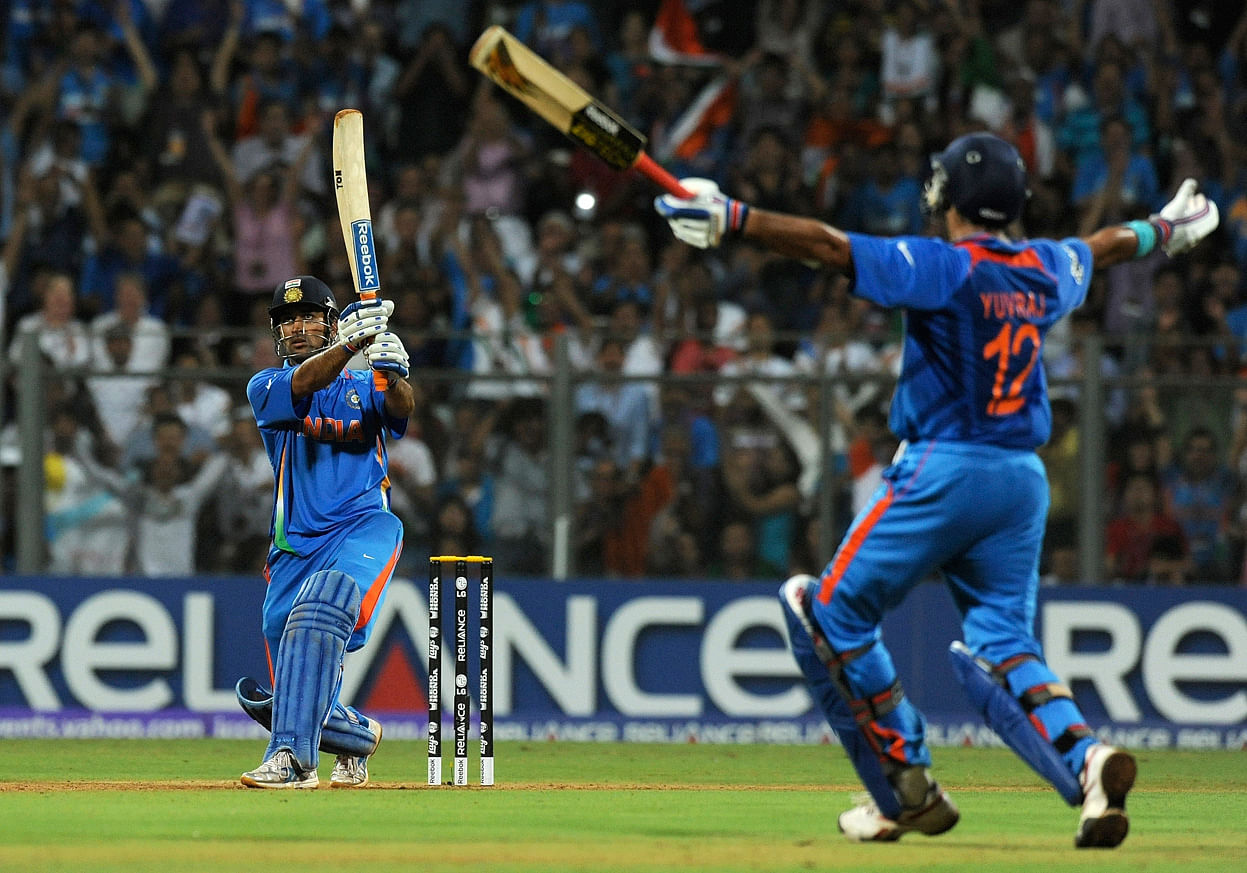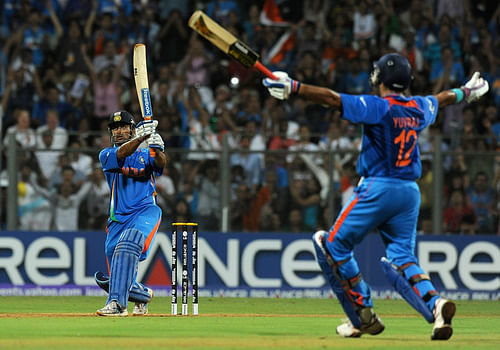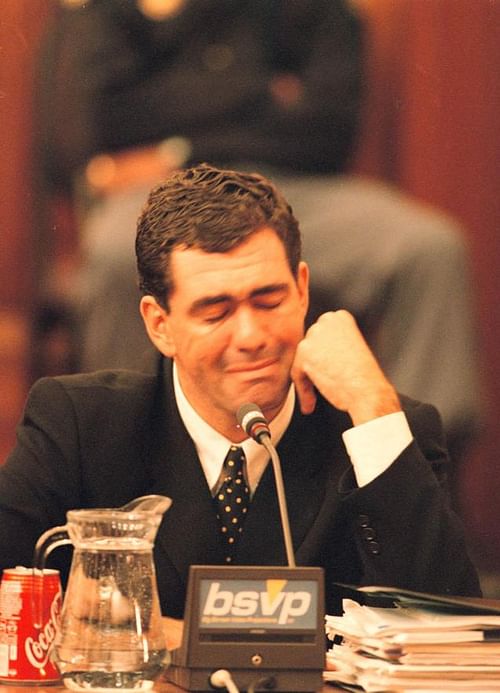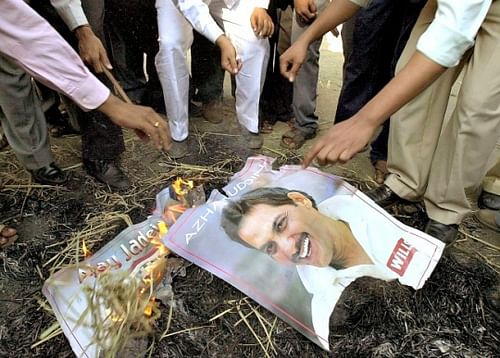
The 90s kid's dilemma of following sports through highs and lows

The magic of sport
What is it about sport that drives a packed stadium to stand on their feet all day, scream till your throat loses its voice, paint your face with the most audacious colors, insult a complete stranger, cheer for a team playing a thousand miles away and celebrate a victory like there’s no tomorrow.
What is it about sport that brings out this plethora of emotions? Is it those moments of magic on the field , that piece of skill that blew your mind, the endurance of the athlete to push to that finish line, an underdog who braved all odds. That last ball six, the winner scored in extra time, the fifth set tie-breaker,the world cup final. We love our sport stories and our sporting icons.
Growing up as a kid obsessed with sports, you inadvertently idolize your favorite sporting icon. Your answer to who do you want to become when you grow up is a Ronaldo or Agassi or Tendulkar (of course), not Abdul Kalam or Bill Gates. A 90’s kid looking at it in hindsight would reflect that the latter would have been the better option. Sport for all its highs has its inevitable share of lows and with time the lows have consistently taken the lead and have more often than not overshadowed the highs.
The controversies

The saga of sporting failures began in early 2000. Match-fixing soon became a household term for the average ten year old 90’s kid who spent countless hours watching the ODI “gentlemen’s game” and trading cricket cards of the now infamous Jadeja, Azharuddin , Cronje and others. It made trading Wrestling cards (WWF not as our generation knows it) more respectable. Atleast they didn’t deny the fights were fixed and practiced.

Meanwhile, Lance Armstrong was the symbol of resilience, the man who won his battle against cancer before his seven straight Tour De France titles from 98-05. The fighting spirit we grew up adoring, until he finally decided to admit the use of performance enhancing drugs after a decade of denial in an Oprah Winfrey show. Much like his compatriot Andre Agassi did about his illegal substance usage in his autobiography ‘Open’.
Whatever little 90’s kid knew of Golf was Tiger Woods. The richest sportsperson of our times. The man who won title after title until he decided to confess to his antics off the greens. Accused of bedding more women during his marriage than the number of majors he’d won in his career, he hasn’t added another major since. As the innocuous Forrest Gump would say,-‘Stupid is as stupid does’.We’re the last generation ever to see Nike adds featuring The Tiger.
Current scenario
We come to today. Still hopeless romantics of the sports we love regardless of its constant let-downs, following it as ardently and loyally as ever. Forget rather than forgive being our motto as a generation. As of now, the world of football is clouded by match-fixing allegations and Oscar Pistorius , The Blade Runner the world rooted for, the Para-athlete who reminded us of another classic 90’s line ‘Run Forrest Run’, is accused of murder.
So will sport do to the Generation Beiber, what it did to us? Will sporting heroes or sports itself be relevant at all.? Let time be the referee.